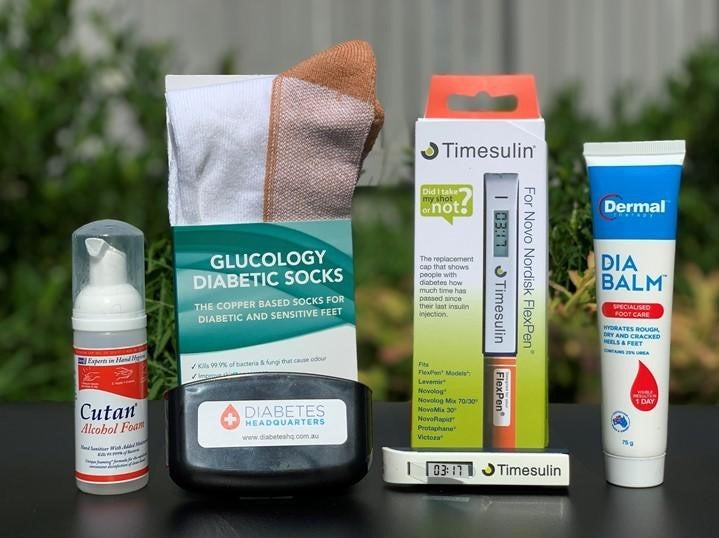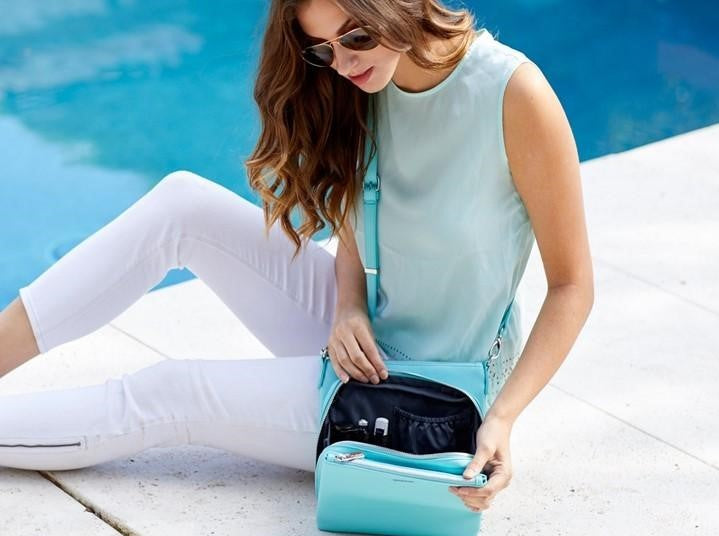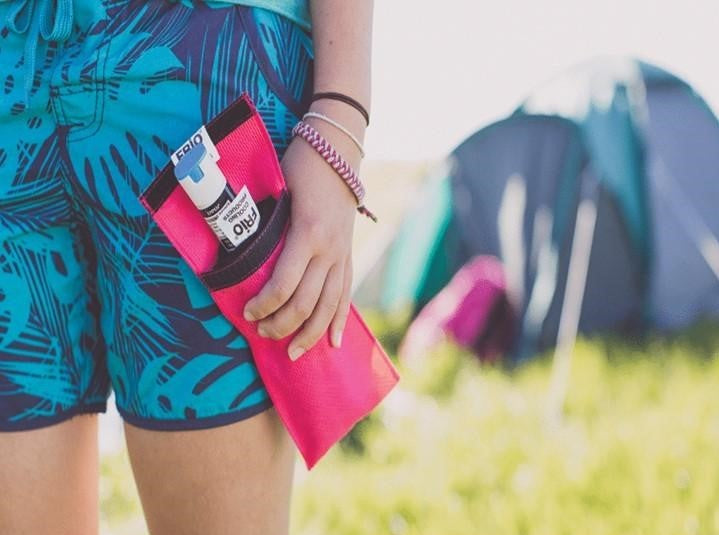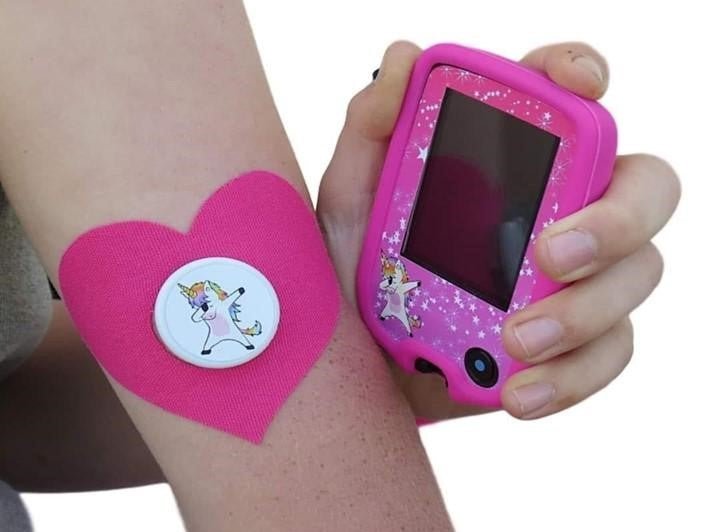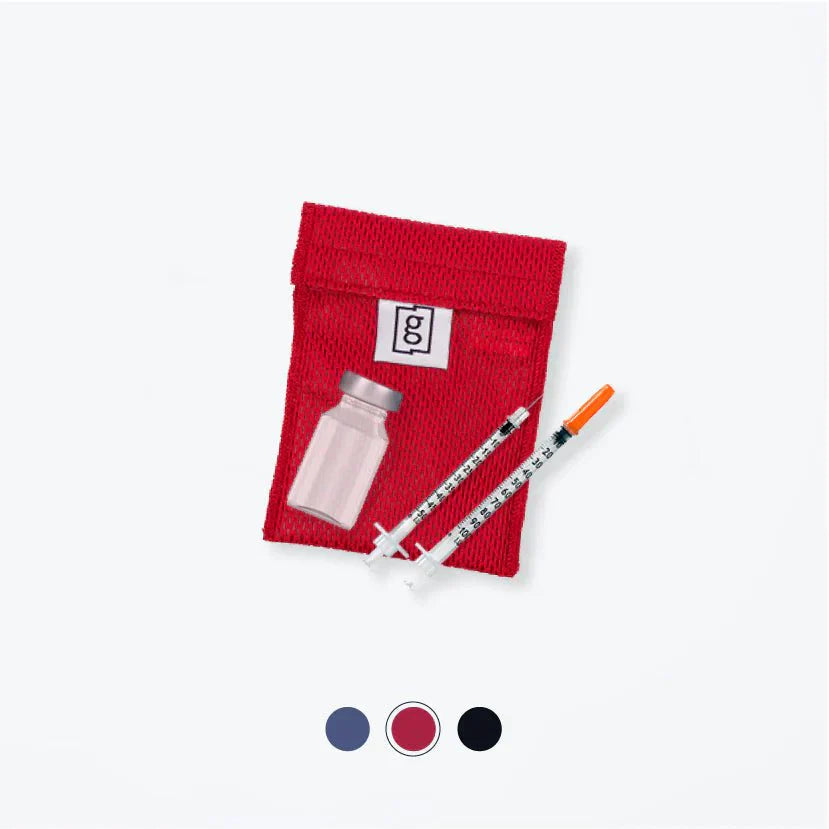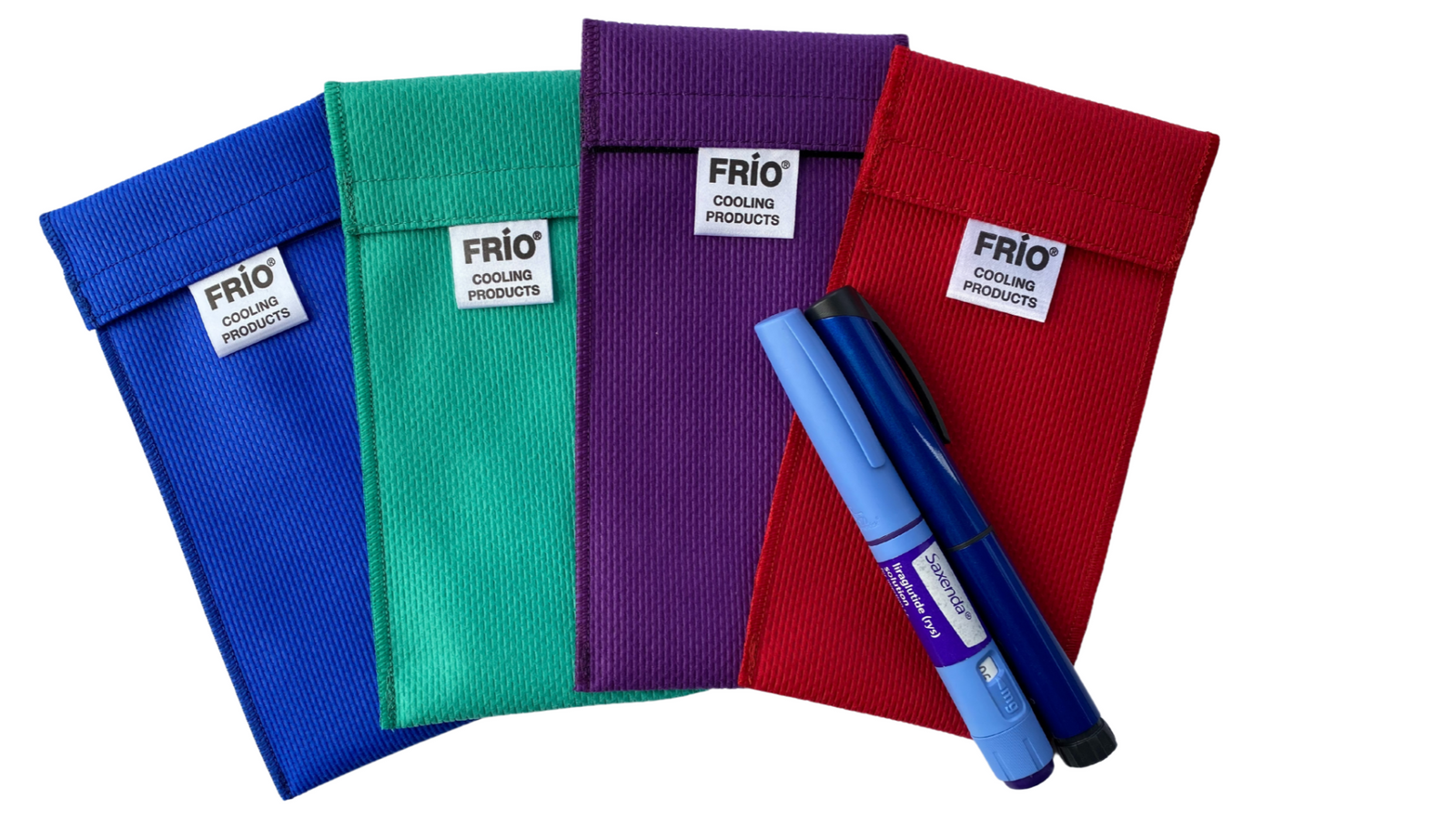Your Cart is Empty
Check List for Cruising with Diabetes
3 min read
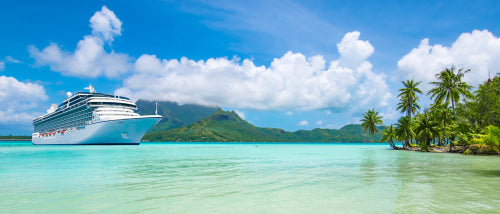
I love travelling and have been on many cruises.
The following blog contains some top tips for travelling with Diabetes.
Cruising is a great way for us all to relax and have time out with your family.

To help ensure you have a successful trip.
It's important to plan and prepare for your upcoming trip well before leaving home, so your Diabetes or your chronic illness doesn't spoil you from having a great time!

To start with, it's important that you check:
Check out the health care support available to you and how you access this while in other countries and also while your onboard your cruise ship.
Take travel insurance in case you get sick, it can be very expensive if you need medical assistance while overseas.
Learn about the climate of the countries you will be travelling to - you may need a cooler bag to store your insulin in.
- Such as a FRIO cooling wallet or Medactiv cooler bag.
Take your Diabetes emergency travel kit with you at all times. (more about this below).
Ensure your vaccinations are up to date and not about to expire.
Think about how you will store your insulin medication or any other medications.
Be very careful if you let someone else store your insulin medication for you, it is not unheard of, your insulin being accidentally frozen.
Get a letter from your Doctor; keep a copy at home or on your mobile, so if lost it can be sent to you.
You may need this for customs or border force staff.
Keep your medication packaging with your name on the packet to prove to customs or border force staff that you are the rightful owner.
If you wear a CGM sensor patch for your Diabetes sensor take spare CGM sensor patches or waterproof CGM sensor patches.
What is a Diabetes Emergency Kit?
Whilst travelling with Diabetes it's important that you prepare in case you become unwell. The kit should consist of:
Hypo kit - this could include Glucagon which can is prescribed by a doctor.
Glucose recovery chewable tablets or powder.
A cooler for you insulin storage for those day trips when on-shore. We have Frio Packs in stock that you can use for this instance!
The usual sunscreen, mosquito repellent, medication for nausea, upset bellies and pain relief (see a doctor to get the correct medications).
Take spare medications, insulin (if on a pump extra batteries), infusion sets and testing strips for blood glucose monitoring.
Take your Diabetes ID band or bracelet so your diabetes can be identified by those around you if you're unwell.
When on board watch what you eat!
Also in Diabetes HQ Blog
Recent Articles
Categories
- Banting
- CGM
- Cruise Holidays and Diabetes
- diabetes
- diabetes accessory
- Diabetes case
- diabetes checklist
- diabetes fashion bag
- Diabetes Headquarters
- Diabetes HQ
- diabetes pouch
- diabetes travel
- equipment
- FRIO demonstration
- FRIO Insulin Cooling
- insulated travel bags
- insulin
- insulin and travel
- Insulin storage
- long trips and insulin
- male
- measuring blood glucose levels
- medications bag
- myabetic
- sea travel
- sick day management
- Travel
- travel bags
- travelling
- travelling with diabetes
- Type 1 Diabetes
- Type 2 Diabetes
- WDD 2017
- World Diabetes Day

